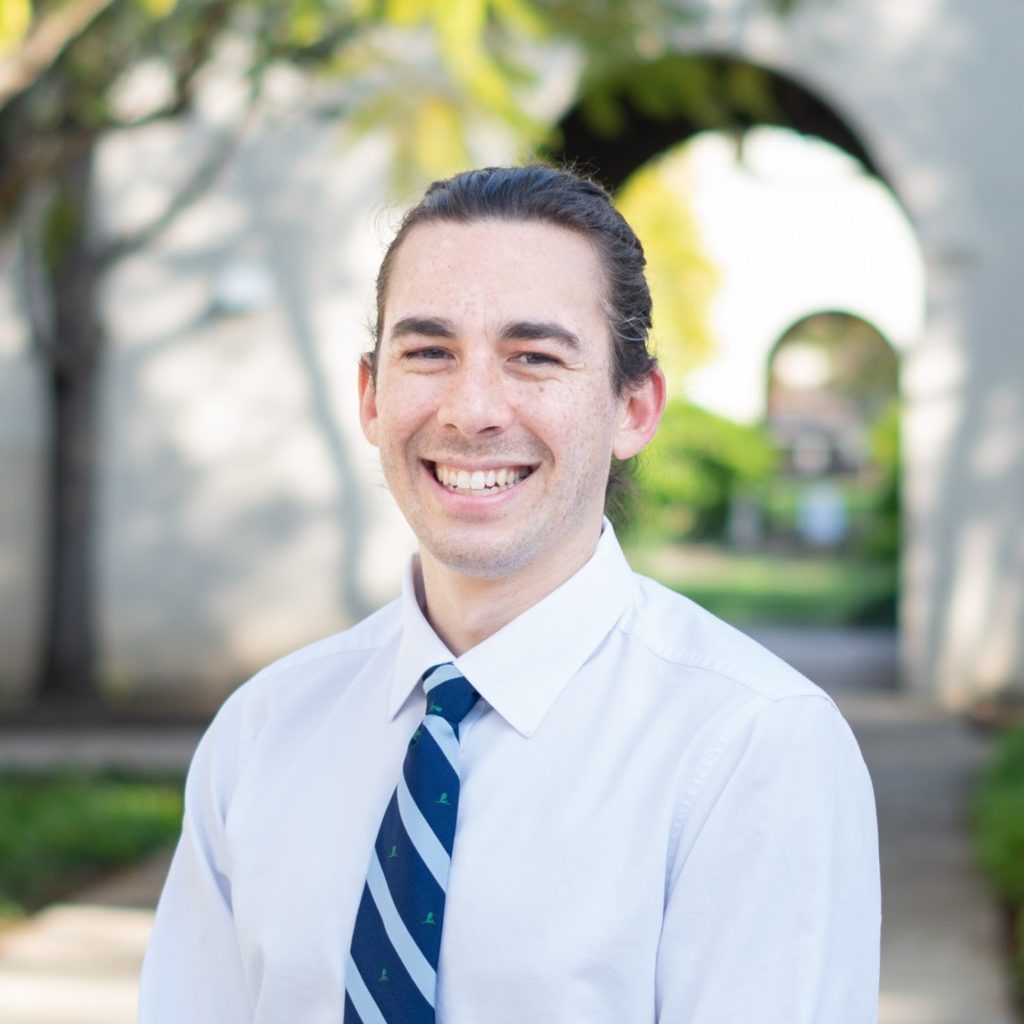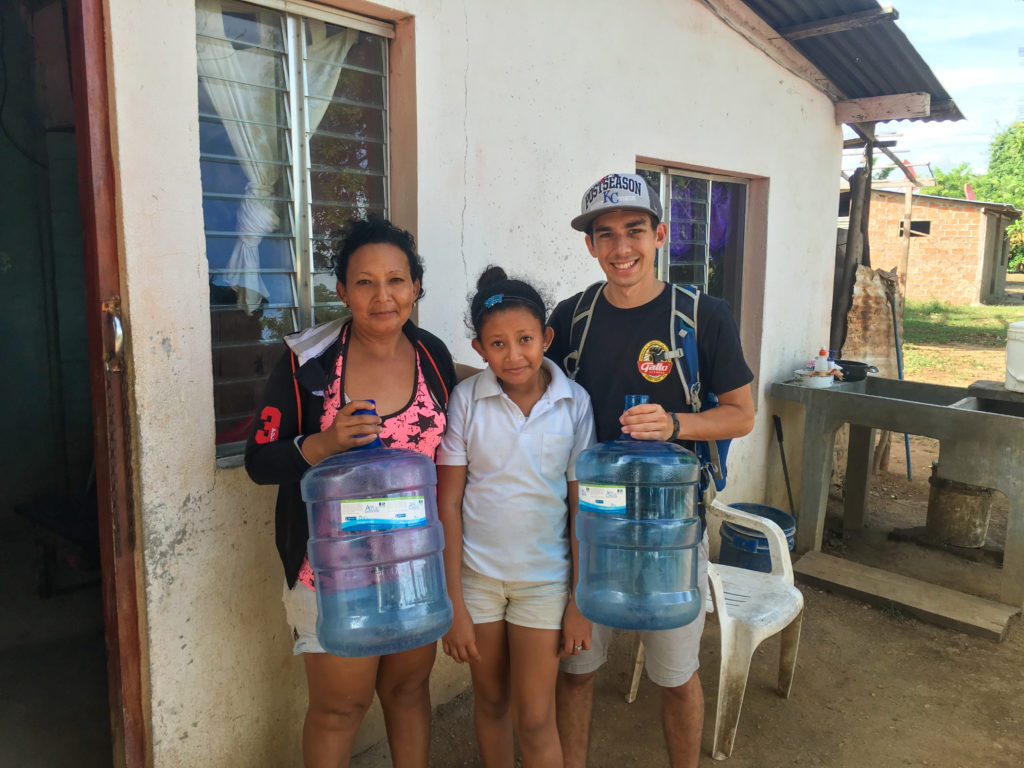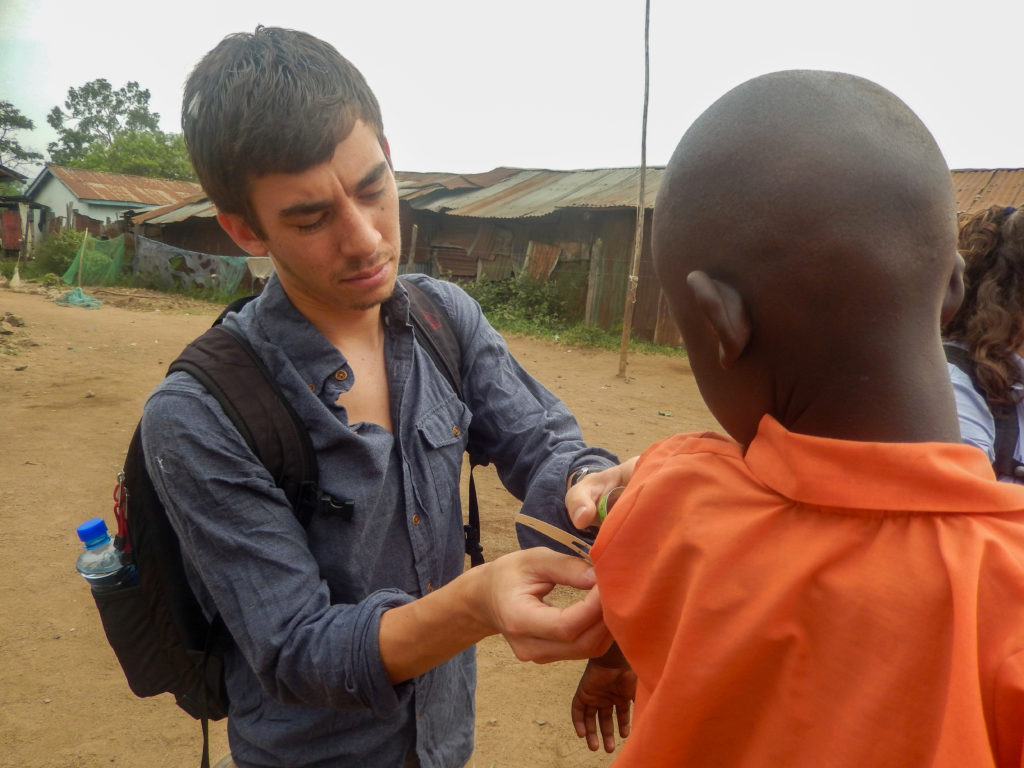Published: 04/14/2020
We are pleased to announce that Chris Rios, a third-year medical student at Stanford’s School of Medicine, has been selected for the 2020 Global Health Media Fellowship. The selection committee, comprised of faculty from the School of Medicine and the Journalism Program, chose Chris from a highly competitive pool of applicants.

For the Fall quarter, Rios will take courses in the Journalism Program, under the guidance of Program Director Jay Hamilton, who is the Hearst Professor of Communications. In the Winter quarter, Rios will join the health reporting team at CNN and work for Sanjay Gupta, a neurosurgeon and CNN’s chief medical correspondent. In the Spring, Rios will complete a capstone reporting project on the global health story of his choice.
Rios has long been interested in global health. As an undergraduate student at Harvard, where he studied neurobiology, Rios developed an early child intervention for the Kisumu Medical Trust in Kenya to help caregivers identify malnutrition and improve the children’s lives.
After graduation, Rios moved to Nicaragua and developed a clean water distribution program for the Roberto Clemente Health Clinic in Limon. He crowd-sourced $6,000 through an online campaign and purchased a small water delivery truck to distribute potable water to the schools and nearby families in need.

Rios continued to pursue global health projects after he enrolled at Stanford and embarked on the busy life of a first-year student. After Hurricane Maria made landfall in Puerto Rico, Rios contacted Vinicio de Jesus Perez, an associate professor of medicine, to discuss strengthening the health system to build in resilience for responding to any future natural disasters.
With mentorship from de Jesus Perez and Barry, Rios found partners at University of Puerto Rico School of Public health in Puerto Rico and University of Puerto Rico Hospital and took courses to ensure he had the skills to design an appropriate study. Ultimately, with funding from Stanford Med Scholars, Rios conducted interviews in San Juan, Puerto Rico, and submitted the paper to the American Journal of Public Health. According to Barry, Chris is a student with “tenacity and a strong moral compass.”
Rios served as the teaching assistant for MED 232, the first virtual reality course on Syrian refugee health, taught by Dean Barry and coordinated with students in Lebanon and at Stanford.

At a time when more people are beginning to understand that human health is a global issue, and that public health systems in every country impact one another, Rios has decided to add to his already formidable skillset by training in reporting and storytelling. By adding journalistic skills to his medical skills, Rios will help to ensure that global health stories are accurately told and that low-resource communities are included in important conversations around global health.